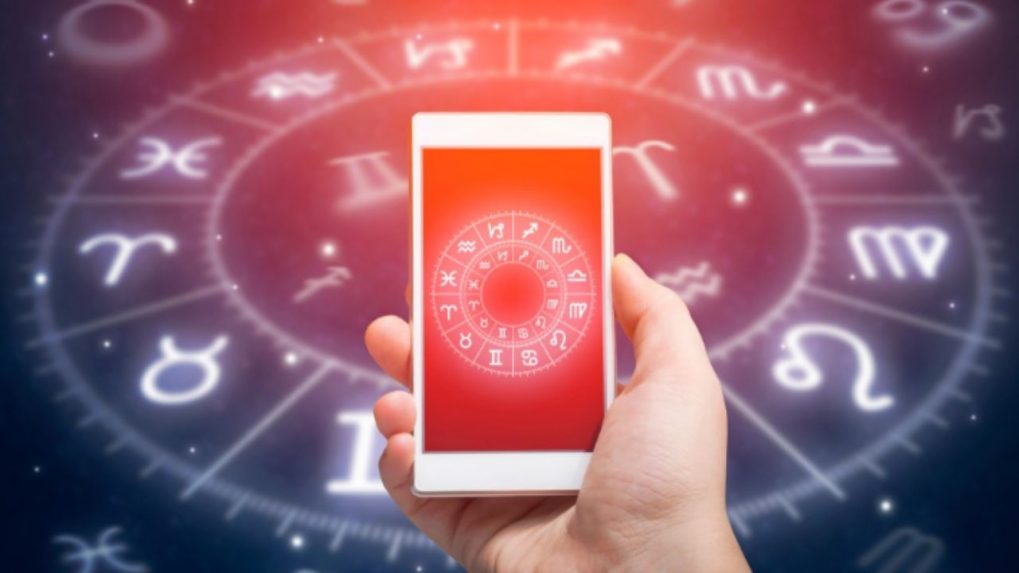Pandit Ad Wars! Astrologers compete for 'stars' in wedding season showdown
It’s not only astrology apps in the race to outbid each other; even astrologers and "pandits" (priests) are striving for better reviews and star ratings on these platforms.
ADVERTISEMENT
This year, the wedding season has seen a record number of auspicious "shubh mahurats" compared to last year. With the season now underway, astrology apps are already locked in a competitive advertising battle on the internet, vying for visibility through programmatic ads on mobile apps and websites. These platforms are increasing their ad spending by 20–25 percent to enhance their reach.
It’s not only astrology apps in the race to outbid each other; even astrologers and "pandits" (priests) are striving for better reviews and star ratings on these platforms. Recently, a user reported on social media that a pandit threatened to perform a “Rahu Jaap” (considered a bad omen) to “teach her a lesson” if she didn’t leave a favorable review. The viral post sparked backlash against the platform that had onboarded this pandit or astrologer.
Yashash Agarwal, CEO and Co-founder of Gamezop, which also offers "Astrozop" (an embeddable astrology hub for publishers providing personalized tarot card readings), commented, “We’ve noticed a rise in ads from apps offering astrology and consultancy services. Advertisers in the astrology sector are spending 20–25 percent more to outbid competitors on various platforms.”
Agarwal added, “Since October, we’ve observed a surge in advertising on the Astrozop platform. Interestingly, the targeted users aren’t only from India but include a growing base from other countries as well.”
According to Business Research Insights, the global astrology app market size was USD 3.22 billion in 2023 and market is projected to touch USD 23.87 billion by 2032, at a CAGR of 24.93% during the forecast period.
Astrosage, an early player in the astrology app market, has answered 10 million queries via Artificial Intelligence in the past two months. The platform allows both AI and human astrologers to respond to user questions.
Pratik Pandey, Co-founder of Astrosage, said, “We are experiencing 60 percent year-over-year revenue growth, with 35 percent of overall revenue allocated to advertising. Most of our users are aged 18–35, but thanks to AI integration, we’re also seeing an increase in Gen Z users."
On the competition among pandits for favorable reviews, Pandey explained, “It’s actually very difficult to post fake reviews on our platform. Users can only review and rate astrologers after paying for consultations. Plus, we’re the largest astrology app, with over 1 million daily visitors—far more than all competitors combined. With so many ratings and reviews, manipulation is nearly impossible.”
As per data platform Tracxn, India is home to 951 religion tech start-ups, which also include Astrotalk, AppsForBharat, InstraAstro and VAMA. The Indian astrotech market is valued at around INR 30K Cr ($4 Bn), is expected to surge to INR 50K Cr ($6.5 Bn) by 2025
Astroyogi, launched in 2001, has achieved a 100 percent CAGR with 500,000 active monthly users, and is expecting 15 percent increase in revenue this festive season. Meena Kapoor, Founder and CEO of Astroyogi, shared, “We have increased our advertising budget by 20–25 percent, focusing on digital channels, Bollywood events, movie sponsorships, and content integrations. We also plan to launch new brand campaigns this year.”
Addressing concerns about paid reviews and onboarding “fake” astrologers, Kapoor stated, “We don’t charge consultants to join our platform. Instead, they must pass a rigorous test to ensure quality; we don’t want someone who simply pays us to get listed.”
Regarding the recent viral threat incident, Kapoor said, “We have strict guidelines and policies, and our Quality Check would remove any astrologer who threatens users. We have a zero-tolerance policy for such behavior.”
With “pandit wars” heating up, astrologers and platforms alike are striving to win over users, gain five-star reviews, and secure visibility. The stakes are high, as astrology apps capitalize on the wedding season boom, increasing advertising and marketing spends in this highly competitive and evolving space.

